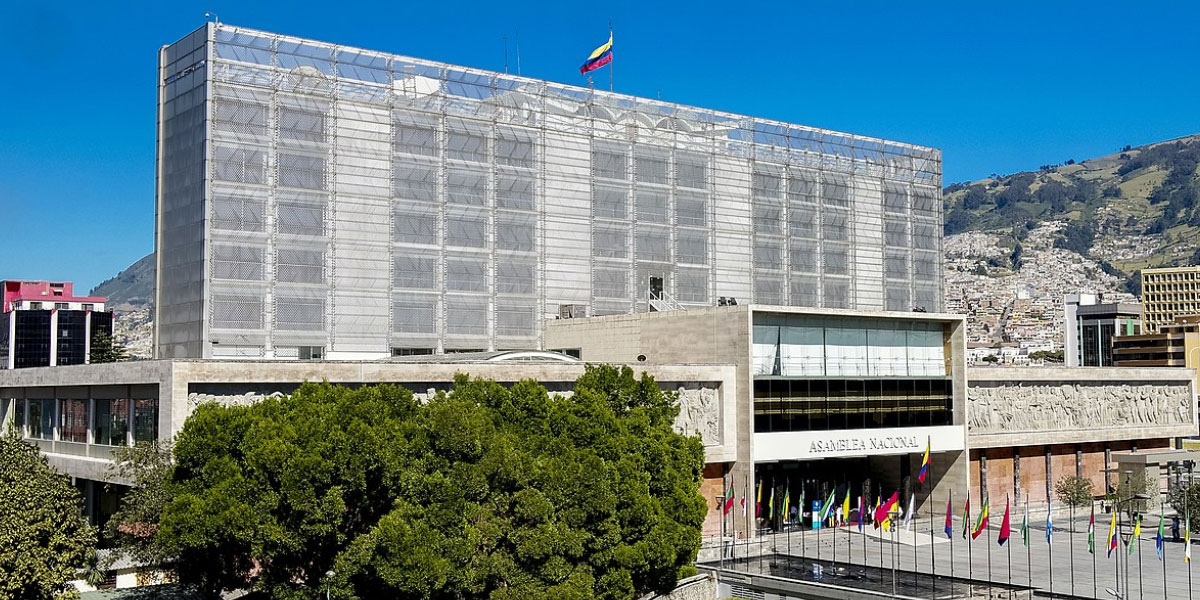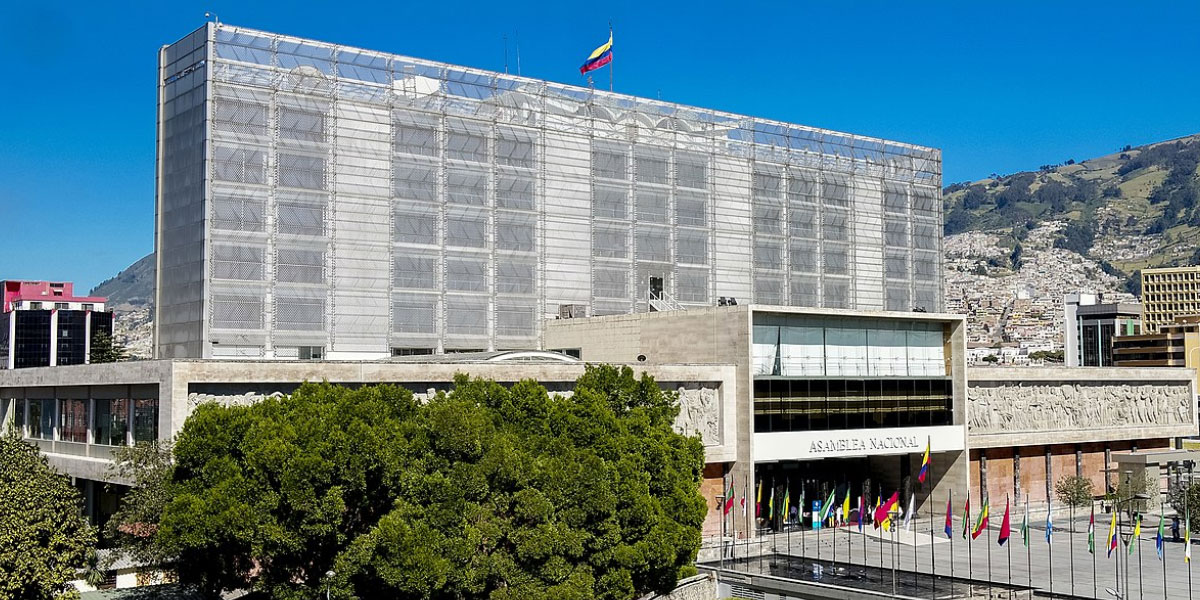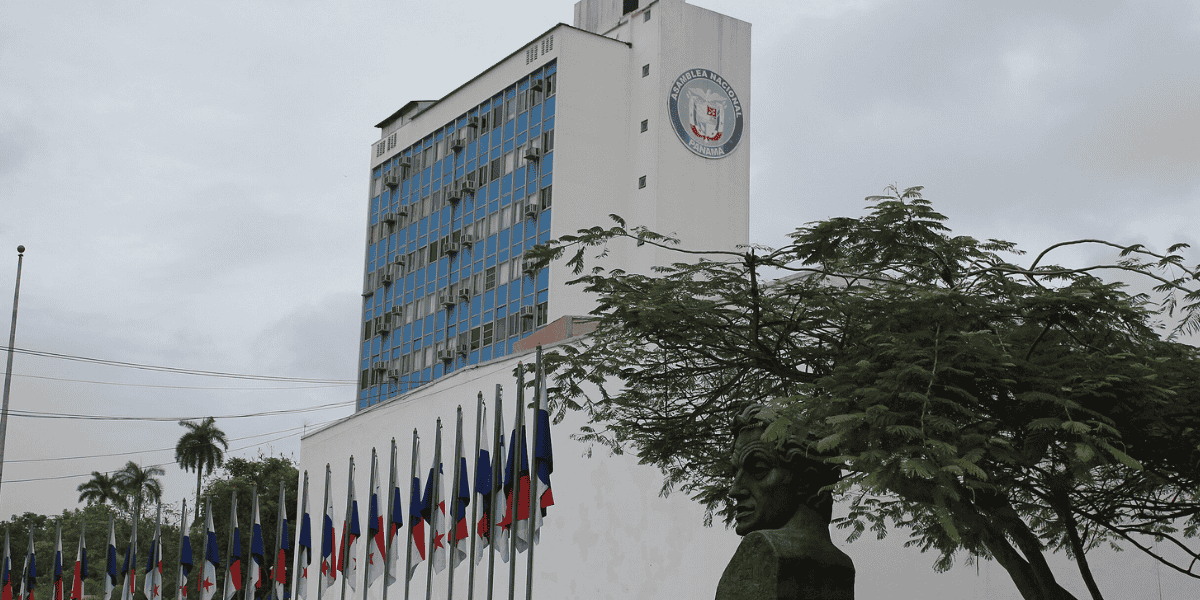Ecuador enacted a proposed tax reform bill on 29 December 2014. The legislation was effective from 1 January 2015. There are several changes in the tax reform bill to the current tax law. The changes are as follows:
- The general corporate income tax rate would continue at 22 percent. It would however be raised to 25 percent for the proportion owned by shareholders domiciled in a tax haven or in a lower tax jurisdiction. The 25 percent rate would apply to all the income earned by the company if the participation owned by shareholders exceeds 50 percent of the company shares.
- Noncommercial loans granted to shareholders and related parties would be considered dividend payments, which would be subject to withholding tax.
- For corporate income tax purposes, dividend payments abroad would be considered exempt income. If the beneficial owner of the dividend income is an Ecuadorian tax resident, however, the exemption would not apply.
- Income from certain transactions would not be exempt from the corporate income tax however, including stocks and shares transactions, financial returns earned from fixed term deposits by companies and rights that allow the exploitation, exploration and concession.
- The transfer of shares would be reported to the Internal Revenue Service of Ecuador. Failure to comply with this obligation would generate a 5 percent fine, according to the market price of the shares.
- Under the proposed legislation, if a company’s main statutory activity is considered new and productive, the company would be exempt from the corporate income tax for 10 years. This term could be expanded for 2 additional years if the investment is carried out in border regions.
- Deferred taxes would apply to corporate assets as well as liabilities, as would be set forth in the regulation.
- Individuals would be considered tax residents when they stay 183 days or more, consecutive or not, during a 12 months term in Ecuador. If an Ecuadorian tax resident establishes a new residence in a tax haven or a lower tax jurisdiction, the person would still be an Ecuadorian tax resident for the following 4 fiscal years.














